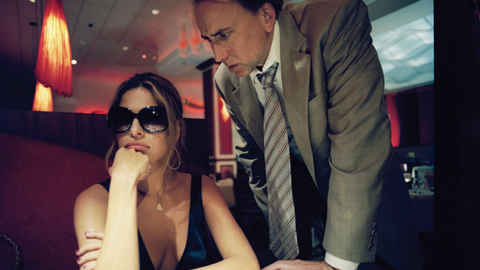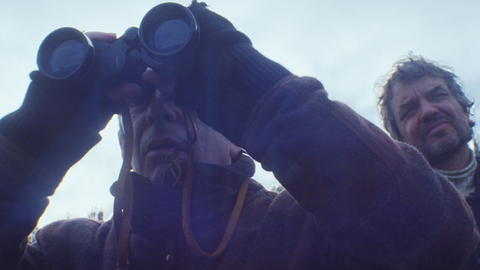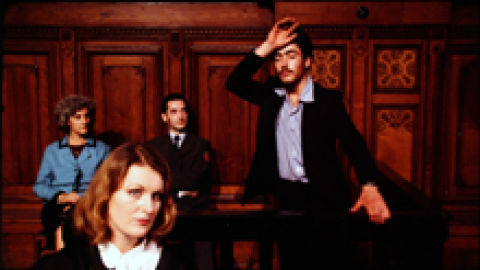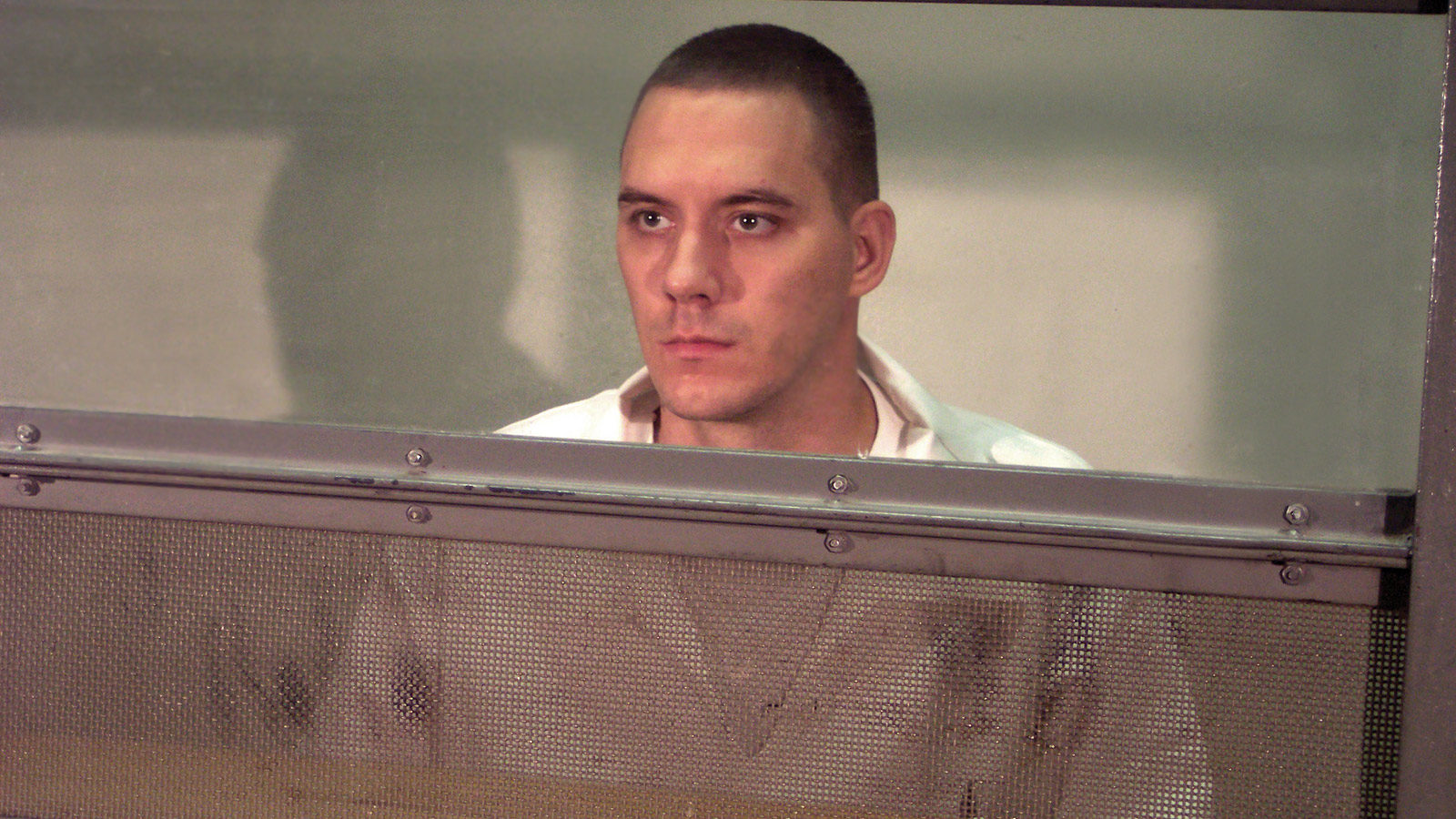
Short Takes: Into the Abyss
Death rules over all in Werner Herzog’s study of a homicide case in rural Texas and its casualties beyond the three murdered over the course of a car theft. The star filmmaker, oft mocked for verging on self-parody, keeps his Teutonic explorer persona in check and allows his subjects’ emotional outpourings—sadness, shame, dread, and desperation, and unexpected glimmers of hope and happiness—to set the tone. Herzog signals his opposition to capital punishment—even as he confesses that he “does not like” set-to-be-executed killer Michael Perry—but then the complexity of people’s reactions sets in.
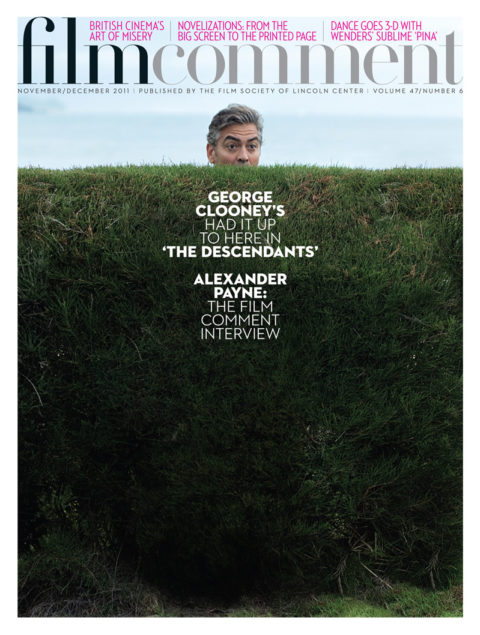
Instead of an airing of grievances, real life speaks for itself: relatives of Perry’s victims, accomplice Jason Burkett, friends and acquaintances on both sides, a visibly haunted execution guard, Burkett’s self-described “trash” father, shame-filled and himself incarcerated, and Burkett’s pregnant wife. With little doubt hanging over the facts of the case, psychology and character take precedence over questions of morality or overt polemics; as a Herzog voiceover might have it, strange flowers bloom in this bloody soil.
Perry’s disturbingly winning childlike grin sticks in the mind: he is Herzog’s deadly fool, but the director shows no fascination in his heedlessness. The film opens with absurdity, as a pastor recalls nearly running over a squirrel with a golf cart, but the film’s most lasting impression is of the resilience and repression of memory that the crime’s survivors require to cope.



